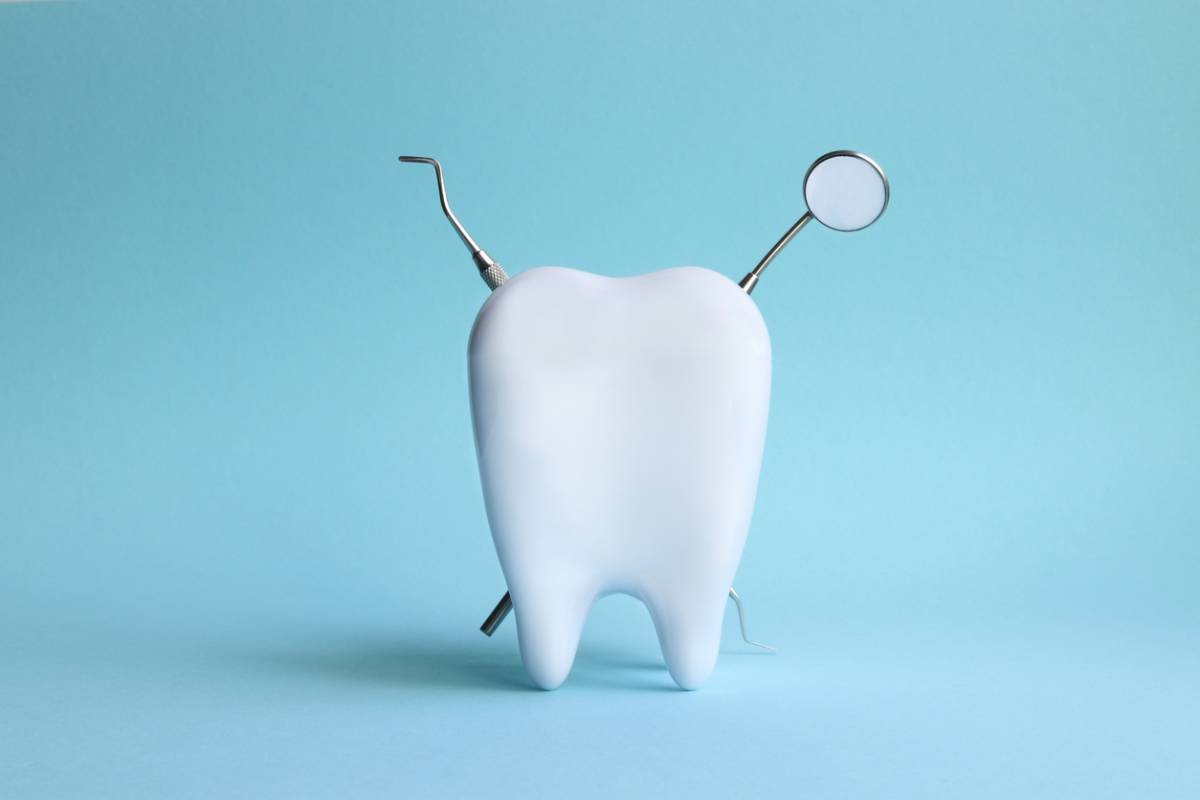Our teeth are an important part of our skeletal system, and they require careful care if we want to keep them for a lifetime.But how can you save your natural teeth?
With a little dedication and some luck, going to see your dentist in Irvine for a professional cleaning and a check-up every six months is generally enough to ensure that any potential problems are solved long before they become serious. Unfortunately, if you aren’t giving your teeth the regular care that they need, then you may find yourself dealing with complications.
How We Save Your Natural Teeth
Direct injury, infection, and tooth decay can all cause issues that could eventually lead to the loss of your natural tooth. There are replacement options of course, but only dental implants come anywhere close to fully replacing your natural tooth. These implants can take multiple procedures over a period of months. So it is in your best interest to save the damaged tooth whenever possible.
Assessing the Damage
Did you come in complaining of a toothache? Then your dentist likely suspects that your tooth has already been severely damaged. The next step is to fully assess the situation. They will do a visual examination of your teeth and a set of x-rays to study the tooth’s interior. Keep in mind that milder tooth decay is often asymptomatic from the patient’s perspective. So your dentist may also see something worrisome during your scheduled check-ups. If they ask to do x-rays, it’s best to double-check that your teeth are healthy.
Based on their examination and the x-rays, your dentist will be able to tell what parts of the tooth are viable. When discussing it with you, you may hear them refer to your enamel, dentin, nerves, and blood supply. To save your tooth, they need at least enough enamel and dentin to support a root canal if the nerve and blood supply are infected. At this point, your dentist is likely to refer you to an endodontist in Irvine if they themselves are not qualified.
What Is an Endodontist?
An endodontist is a specialized sub-set of dentists. Thanks to at least two more years of targeted training, endodontists are the experts when it comes to diagnosing tooth pain and performing root canals. In truth less than 3% of dentists are qualified endodontists, so there’s a good chance that your dentist will need to bring in an expert based on their observations. Your endodontist will typically look at your x-rays to help make their final recommendation.
Saving the Tooth
As long as the endodontist agrees that there is enough viable tooth left, you’ll be scheduled for a root canal. Luckily, modern anesthesiology means that the procedure is almost entirely painless. Most patients just feel a bit of an ache in the hours following the procedure. And this can be easily managed with over-the-counter pain medications approved by your endodontist.
To start, your endodontist will administer the local anesthetic. From there the damaged parts of the tooth are cleaned out through a tiny hole in the tooth’s surface. Once your endodontist is certain that the decay and inflammation are removed they carefully clean and disinfect the tooth’s interior. The hole is then filled using a material called gutta-percha. A filling is sometimes used to protect the tooth further. But it’s more common to use a complete crown to help provide the tooth with additional stability.
Recovering from a Root Canal
You’ll be a bit loopy after your procedure, so make sure you have someone to drive you home. You should feel more like yourself after a few hours. At that point, you may feel the ache a bit more. To deal with it, you can use a mild painkiller with your endodontist’s permission. You’ll want to avoid chewing with the tooth for a couple days due to increased sensitivity, but then you’ll be set.

